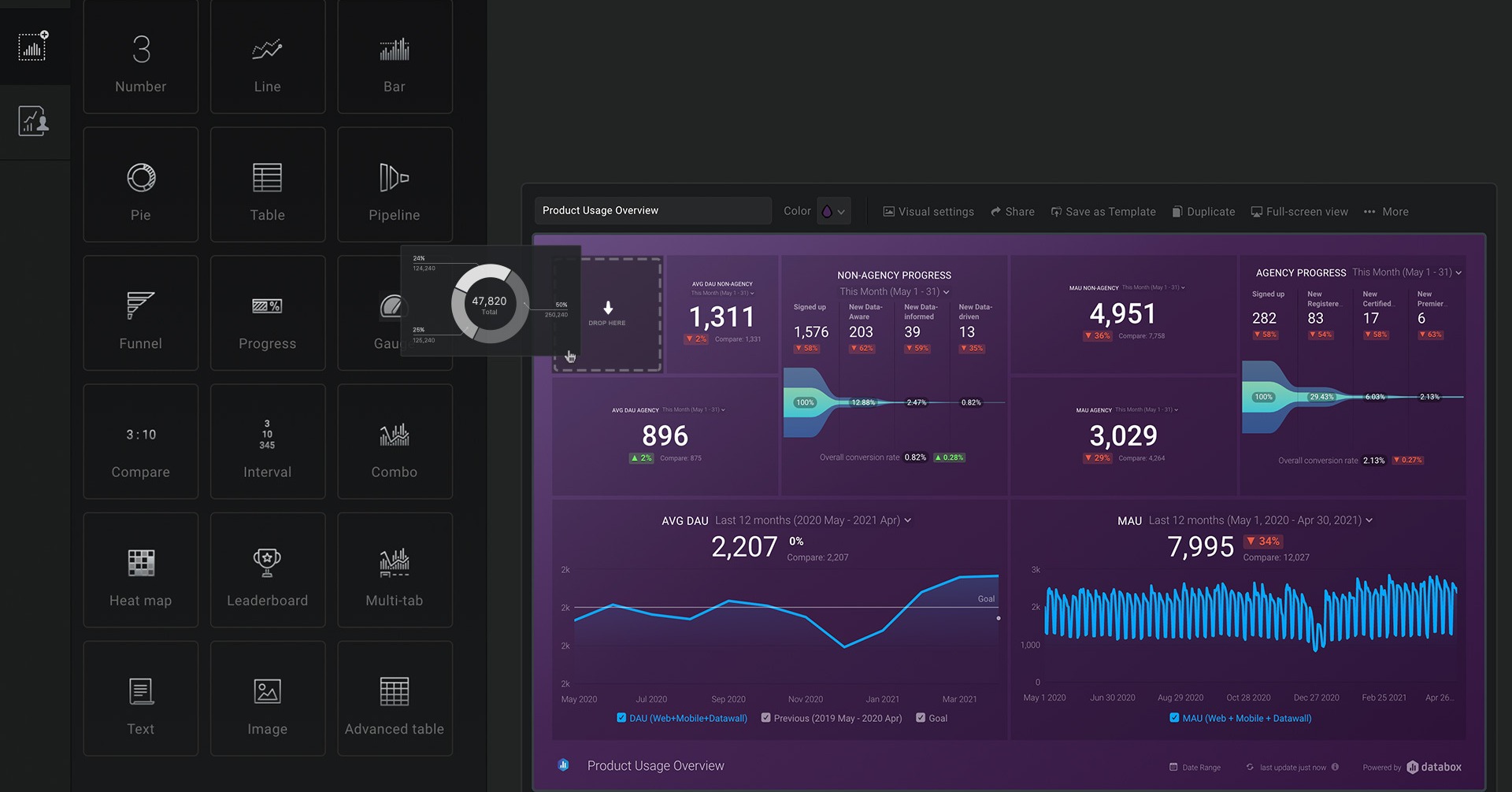A cookie is a delicious treat that comes in a variety of flavors, but it also is a file that remembers website configurations, such as left items in your online shopping cart or other personal data. There are two different types of these cookies, first-party and third-party. Website owners use these cookies in a variety of ways for their advertising and marketing strategies. Third-party cookies have been used for many years to track website visitors. Using the information provided by these cookies, we can improve the user experience, learn what our visitors are viewing when they are not on our own website, and help us target ads based on this data collection. Unfortunately, the way we use these cookies is being phased out in an effort to protect website users asking for more privacy.
What is a Third-Party Cookie?
Third-party cookies are used by websites other than the one you're visiting. For example, if you have a "Like" button on your site that stores a cookie when someone clicks it and saves their browsing history later access to Facebook so they can be identified as well what pages were viewed most often or which search terms were inputted into Google before arriving at this website - these would all fall under 3rd Party Cookies because we don't actually know who placed them there!
Third-party cookies are often used to track user behavior and display more relevant ads. For instance, third-party services might provide customer support chat functionality on one website but deliver an advertisement or coupon code elsewhere in order to satisfy users' needs while they're browsing your site - this is known as meta tagging! The most common third-party entities are advertisers, marketers, and social media platforms.
Why Third-Party Cookies Are Being Phased Out
As a user yourself you have likely experienced how third-party cookies work even though you may have not realized that is what was happening. For example, when you visit a website such as Amazon and search for a new knife set and then you open Instagram a few hours later and you are seeing ads for knife sets.
Third-party cookies are tracking codes put on a user’s computer after being generated by another website. Third-party cookies track when a visitor comes to your website and sends it to whoever created the cookie, such as an advertiser. Due to various privacy laws that have been an enacted and a call for more user privacy, third-party cookies are going to disappear. While some may think this is an end to measuring data, it is simply a change to the tool you use to measure it.
Third-party cookies have been phased out already on Firefox and Safari, leaving Google Chrome the last to follow suit. The change has taken longer to implement on Chrome to ensure they don’t destroy online advertising. Fortunately, new alternatives are available for those who have heavily relied on third-party information.
What This Means for You
Although this sounds like a scary change, keep in mind that first-party cookies are still here to stay so you can continue tracking basic data about your visitors. First-party cookies give data such as:
- What a user did while visiting your website
- How often a user visits your website
- Amount of web sessions on a page
- Amount of pages clicked on during a user’s visit
- Geographical demographics
- Referring websites
This data is still very helpful and using this data can help you craft an effective marketing strategy. If this is all the data you are looking to collect, this change won’t have too much of an effect on you, but still being adaptable during this change is important. Now you will need to be more innovative on how you leverage and use user data, which may mean using different tools. One of these tools is the Google Privacy Sandbox.
What is the Google Privacy Sandbox?
The Privacy Sandbox is an alternative method to third-party cookies that allows you to still benefit from a user’s browsing habits. Advertisers will use five different APIs to receive user data such as how well their ads performed and how the user came to their website. If you don’t like filling out CAPTCHA’s as a user, be prepared. A CAPTCHA-like form will be filled out by the user to help gain this information which is then sent to the advertiser. Although this may sound overwhelming to learn all the ins and outs of something new, it is an opportunity for improvement.
We know all these changes are a lot to keep up with and we are here to help! Schedule a call with Revv Partners and we can discuss in depth a plan for you to make the best of third-party cookies going away.






